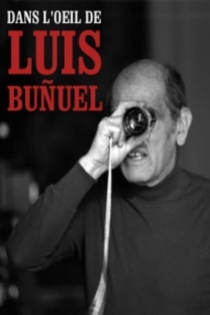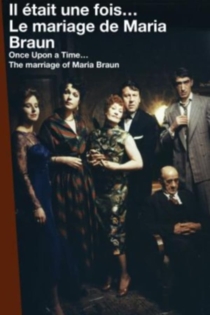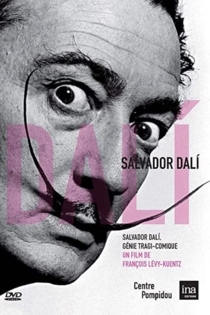
François Lévy-Kuentz
2021Yves Klein, La Révolution Bleue
François Lévy-Kuentz
Yves Klein
Director Francois Levy-Kuentz's film uses previously unreleased archival material, such as Klein's personal films, to capture the artist's astonishing career, from its beginning in 1954 to his death in 1962. In those eight short years, Klein turned the modern art world upside down.
Yves Klein: The Blue Revolution
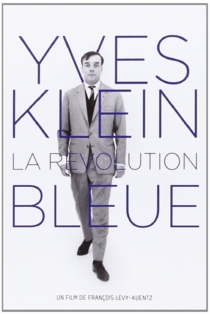
Un été à la Garoupe
François Lévy-Kuentz
Pablo Picasso, Paul Éluard
La Garoupe, a beach in Antibes, in 1937. For one summer, the painter and photographer Man Ray films his friends Pablo Picasso, Dora Maar, Paul Eluard and his wife Nusch, as well as Lee Miller. During these few weeks, love, friendship, poetry, photography and painting are still mixed in the carefree and the creativity specific to the artistic movements of the interwar period.
Un été à la Garoupe
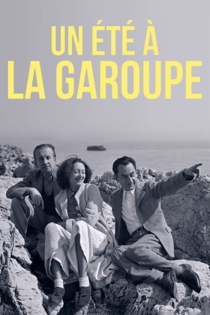
Calder, sculpteur de l'air
François Lévy-Kuentz
Mathieu Amalric, Alexander Calder
Alexander Calder revolutionized the art of sculpture with his distinctive modernism, freeing sculpture from its stand and adding movement to the art itself. He rose to fame in the 1930s with his renowned Miniature Circus but his modernist creativity skyrocketed with his wire sculptures, an invention he dubbed "drawing in space."
Calder: Sculptor of Air
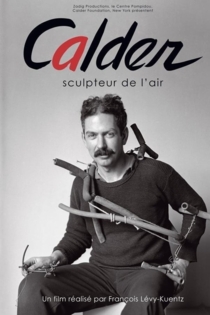
Cocteau - Al Brown: le poète et le boxeur
François Lévy-Kuentz
Panama Al Brown, Jean Cocteau
Portrait of Panama Al Brown, a great boxer in the 30's, and its story with France, with a focus on its relationship with Jean Cocteau, surrealist, poet, director, artist.
Cocteau - Al Brown: the Poet and the Boxer
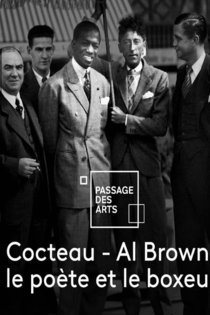
Le Scandale Impressionniste
François Lévy-Kuentz
This film traces the adventure of a group of young painters who, in 1874, launched an aesthetic in total rupture with the historical painting in force in the official Salons. Inspired by the Realist School of Barbizon of Corot, Rousseau, Millet and Daubigny, this new generation is called Courbet, Pissarro, Jongkind, Renoir, Bazille, Cézanne, Caillebotte, Berthe Morisot and Claude Monet, their leader. "The Impressionist scandal" explains the distrust of the public and of critics towards this "revolutionary" painting which calls into question the way of seeing forms and light. Thanks to the unwavering support of the art dealer Paul Durand-Ruel, these works eventually established themselves and, thirty years later, entered national museums. Based on period documents, this abundant and documented film draws the trajectory of this popular movement which was at the origin of modern art.
Le Scandale Impressionniste
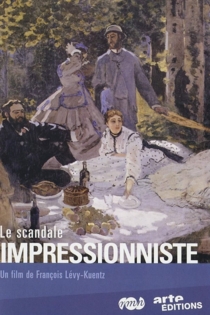
Dans l'œil de Luis Buñuel
François Lévy-Kuentz
Don Luis Buñuel (1900-1983) as intimately portrayed by his friends (Carlos Saura, Jean-Claude Carrière) and actors (Michel Piccoli, Carole Bouquet). Libertarian, subversive, deeply affected by the cruelty and violence of the world, despising jargon and psychology, fond of jokes: such was Luis Buñuel, a towering—and unclassifiable—filmmaker. He left behind over thirty films exploring such themes as cruelty, fetishism, desire and sexual frustration, the bourgeoisie, class struggle, religion, Surrealism, the power of the imagination, along with an autobiography and a few interviews, which form the framework of this portrait.
In the Eye of Luis Buñuel
